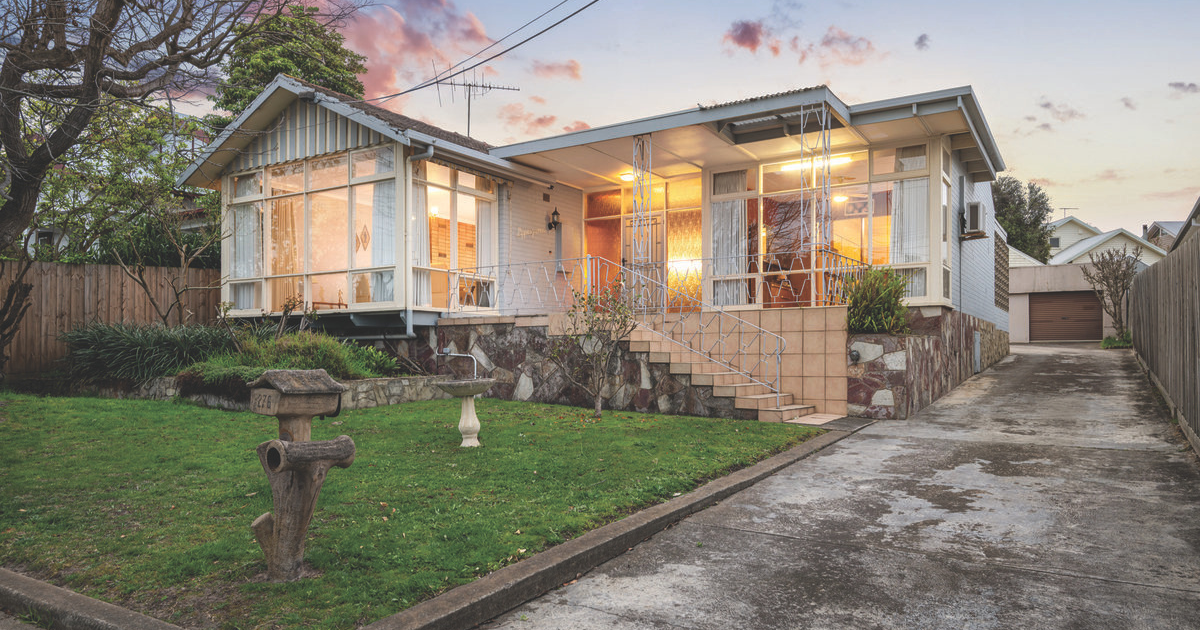10 ways to reduce your property investment risk
ONE of the greatest ways to assure yourself long-term financial growth and stability in the future is to buy an investment property, but how do you reduce your property investment risk? Building wealth through property is not as simple as it has been in the past thirty years, despite the principles underlying the process remaining the same.
Deposits required for homes today and the regular payments necessary for a mortgage constitute a significantly larger proportion of a household’s income today than it did thirty years ago, which is why it is even more important that you work carefully to keep your property investment risks as low as possible.
VIEW.com.au look at 10 ways to reduce your property investment risk that you can easily and quickly implement if you are thinking of buying an investment property or are already making payments on that second mortgage!
Diversify your interests
Something that is hard to immunize yourself from is the potential for systemic or market risk when becoming a property investor.
For instance, if you invest in an off-the-plan apartment on an interest-only loan and the market turns so that the value of your property decreases since that which you bought it for. In this case, without a rental income (as the property is yet to be built), you may find yourself in a position where you need to sell the property.
To help protect yourself from market risk, try to additional invest in one or more areas that are not correlated with the real estate market. This could be in government bonds or stocks that are within industries that can perform well, independent of the real estate market.
Find that sweet spot
Look to buy an investment property in an area with high demand and a constrained supply to best reduce property investment risk. Offloading a property is not a quick endeavor, so look in areas where these two factors are best at play so that you know that, in the case you need to sell, the property has an active consumer base.
Research. Research. Research
Research helps you reduce specific risk, this can range to every possible thing that could go wrong with an investment property.
Without a building surveyor, you may find termites in that wood, without a knowledge of the local area, you may not find a tenant for months, leaving you out of pocket, without a knowledge of where the economy is headed (or at least, likely to head), you may find yourself at the mercy of rising interest rates.
Be aware of interest rate rises
This is a simple and easy part of research to get under your belt, understand how the setting of RBA interest rates influences your own mortgage rate, and how this affects the sorts of loans available to property investors.
Be sure that you can afford potential increases in interest rates, and that this does not place you at risk of being in financial stress.
Consider commercial
While it may not be the best option for first time property investors, you can reduce your property investment risk later in the track if you decide to further expand your portfolio by investing in commercial real estate.
There are a range of pros and cons to this option, but the greatest benefits of commercial real estate are higher rental yields and longer tenancy periods. It is also another way of diversifying your financial interests/assets, protecting you from fluctuations in other markets.
Know your local area
Try to invest in areas where locals have high expendable incomes, and are better protected from mortgage stress. Why? Because a more stable local market (with less supply of properties due to mortgage stress), helps to maintain local median prices and increase your capital growth.
Make a plan
This may not sound very exciting, in fact it definitely isn’t exciting, but you’d be insane to try to invest in property with some idea of where you want your finances to be in 5, 10 and/or 15 years time.
Without clear goals with your investments, you risk missing opportunities for growth as well as an incentive to stay alert to the market and how it impacts your investments. A financial adviser is your first port of call, long before you even start looking for properties.
Positively-gear
Tax concessions for negatively-geared properties are not something to necessarily rely on in the long term, especially if you plan to do this over a ten to fifteen year period. You don’t want to get your finances mixed too heavily in political outcomes.
Positively gearing your property (where your rental yield is larger than the costs of the investment), ensures you are better safeguarded if you do temporarily lose a key source of income (your job).
Form a strong team
While this applies to you and your partner, if you are investing together, it is just as important that you form strong relationships with advisers.
A financial adviser, accountant, solicitor and even buyer’s agent can be key to formulating a clear property investment plan, and making the most of tax concessions for investors.
Buy below your means
This applies to any property investments, whether your own home or a source of rental income. Avoid buying at your financial limit, as this simply spreads you thin like butter, placing you at mercy to the market elements.


















